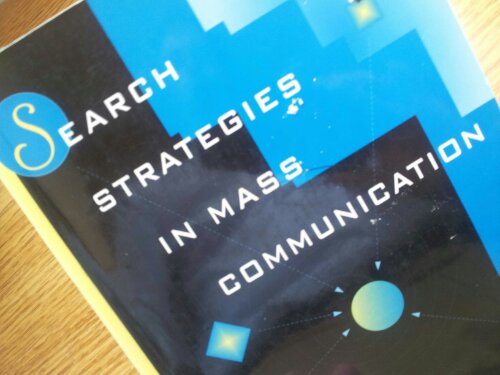Great story about a journalist taking on intimidation by police: Jury says journalist arrested while videotaping police is not guilty | Ars Technica.
In a Thursday interview, Miller told us that the prosecution accused him of “being antagonistic to police because I was questioning their orders.” However, he said, “thats what I do. I know my rights. I know the law.”
That little bit of legal knowledge (who knows where he picked it up) deepened his coverage and brought to light a case where the police overstepped their bounds. One could learn the law on their own, but I’d argue that this is one excellent argument for journalism schools.
